Are you looking to make a change in your diet? Grass fed, organic beef might be the answer.
It's important to know where your beef is coming from. Did you know, 4 of the top 5 sellers of grass fed beef purchase cattle who have been fed distiller grains and soybean hulls? What else might these cattle have been fed? Many sellers of grass fed beef are buying, rather than raising cattle in order to keep up with demand. Is your beef coming from a farmer, or someone who procures their beef? It's time to go organic. EatWild.com has a list of farmers who are committed to raising animals on a grass based diet. Be careful though, some farmers have a few steers on grass, but they buy the majority of what they sell. It's labeled with their farm's name and shipped to them for distribution; however, the steers never set foot on their farm.
Another reason to buy organic beef - Inputs. This story is just starting to unfold. Merck, the maker of Zilmax is trying to downplay the relation of their product with downer cattle. Conventional farms use additives including; hormones, antibiotics, larvicides (the list goes on), to promote weight gain and profits, not health. If you wouldn't sprinkle any of these products on your breakfast cereal why would you accept your farmer using them on their livestock's feed?
Just more food for thought.
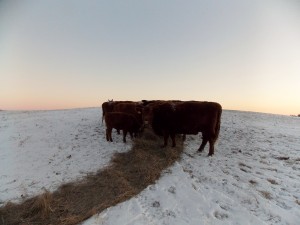

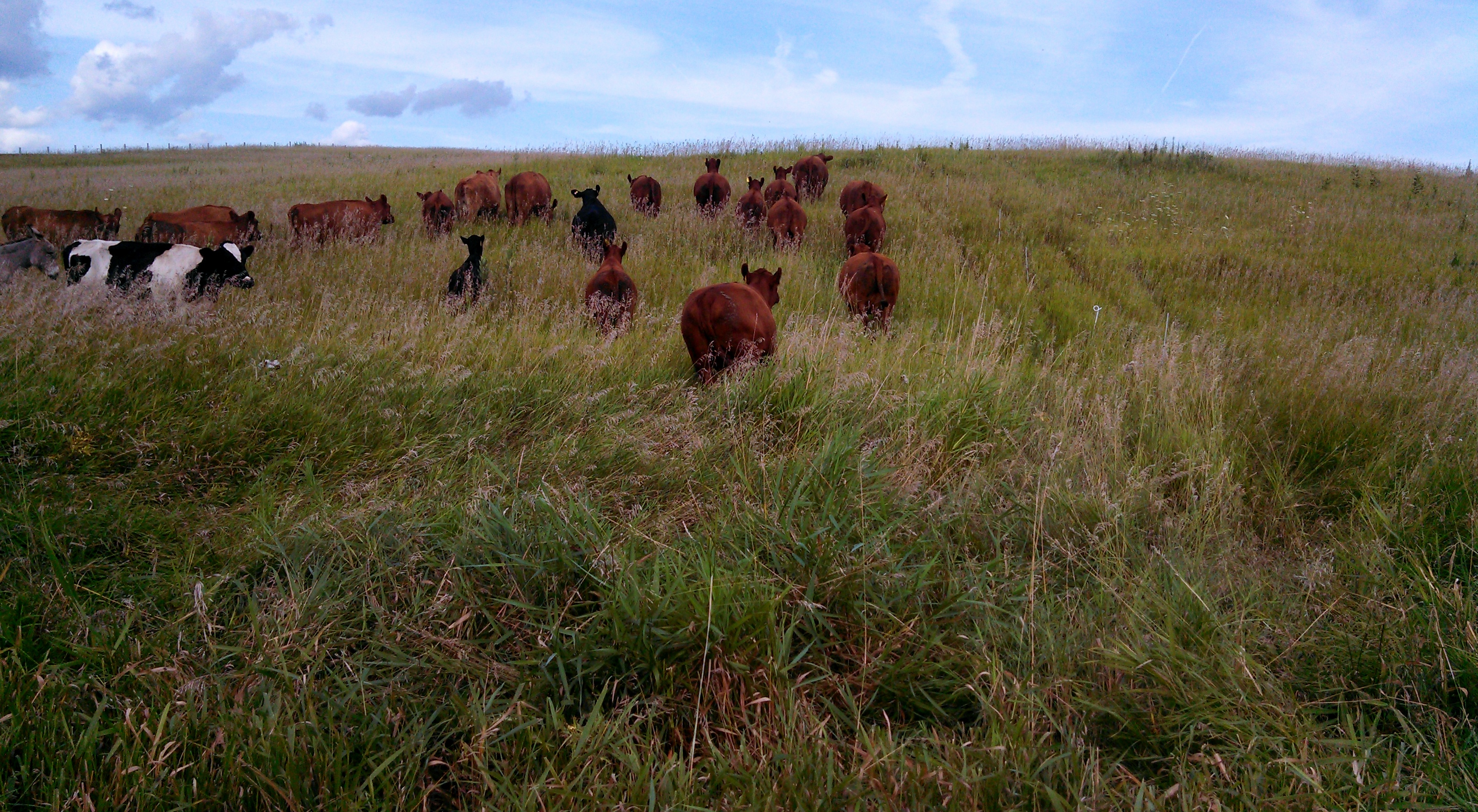
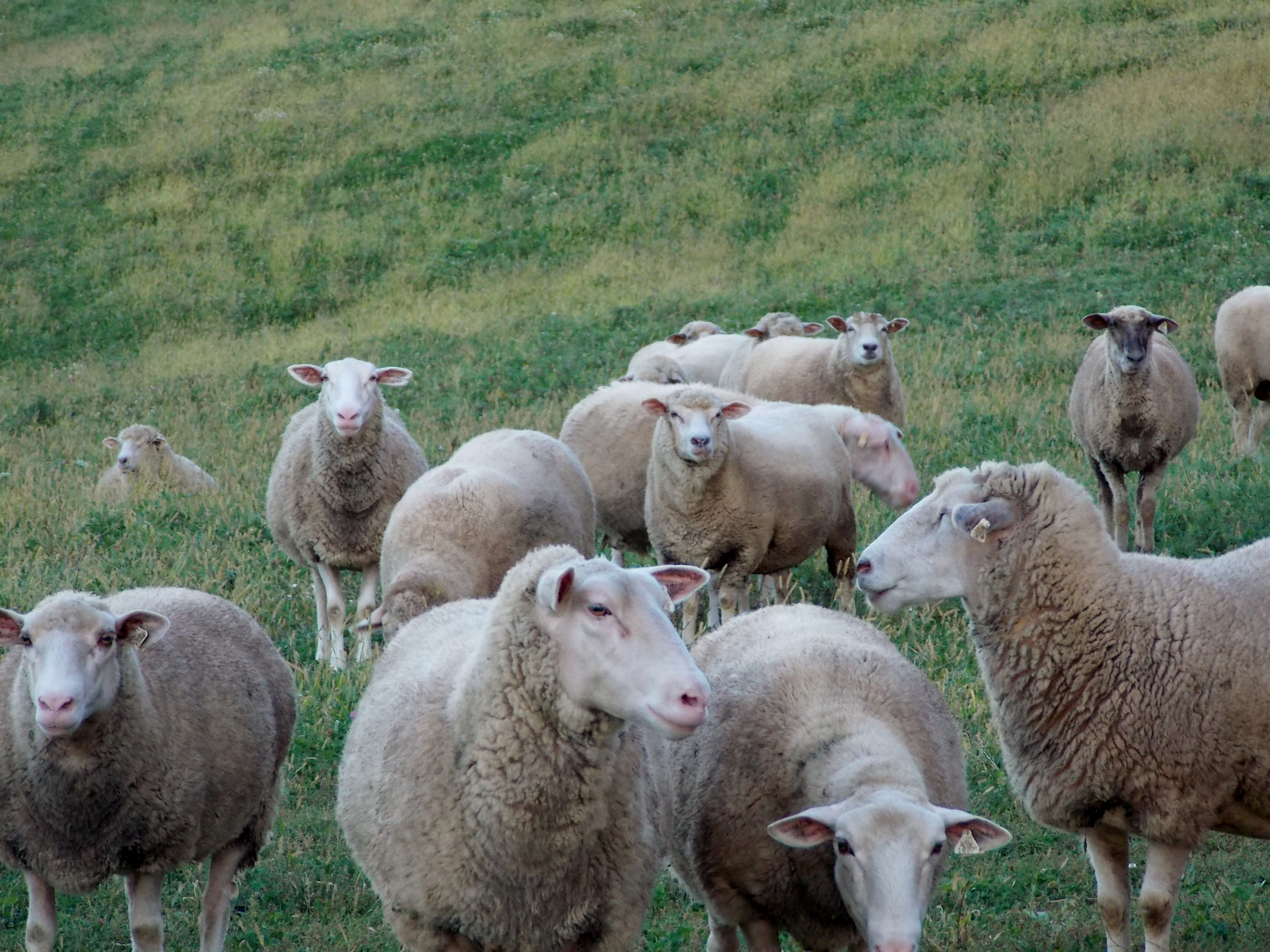
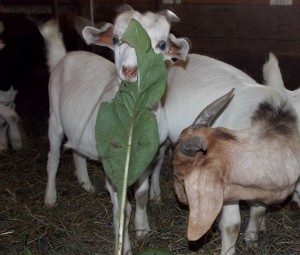


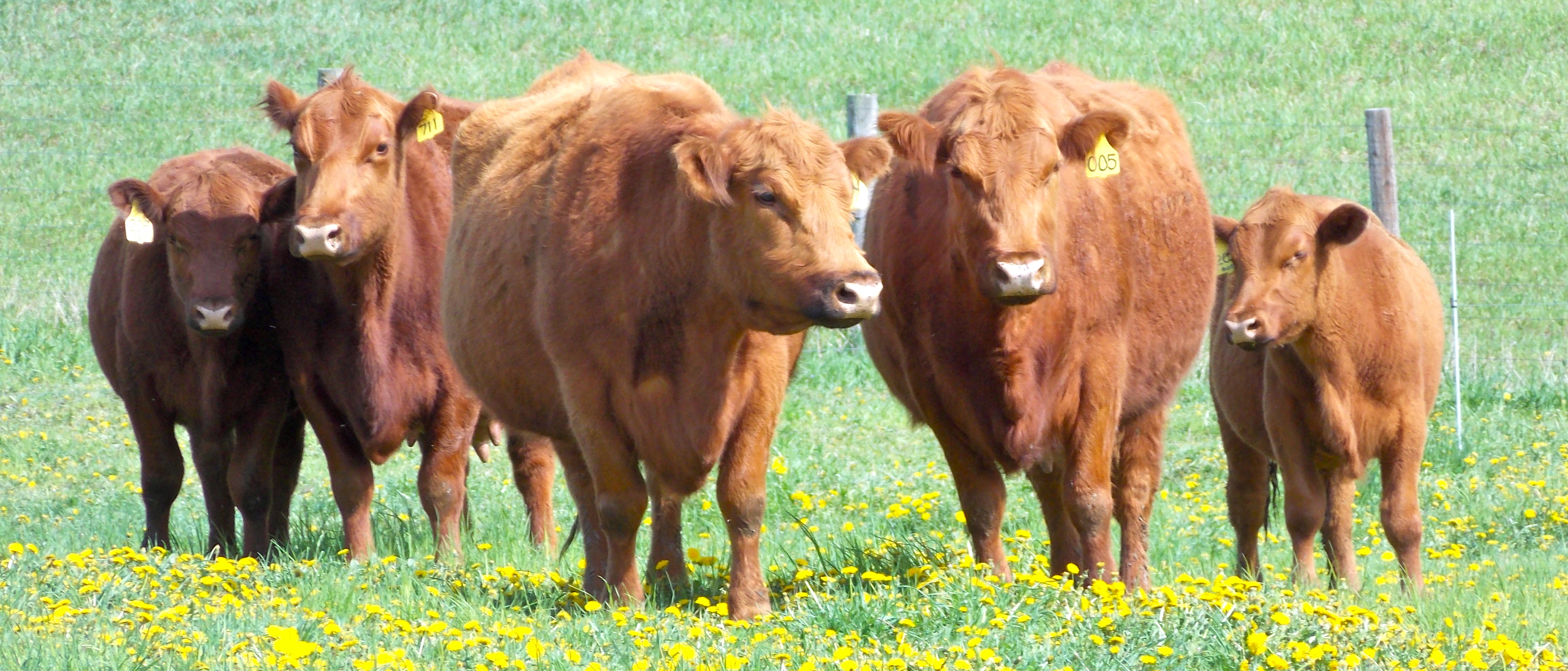
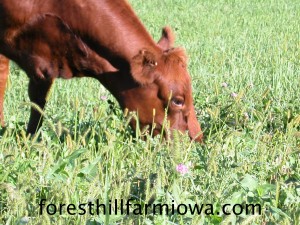 Just when you thought it couldn't get any worse...
Just when you thought it couldn't get any worse...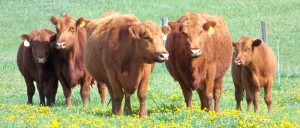
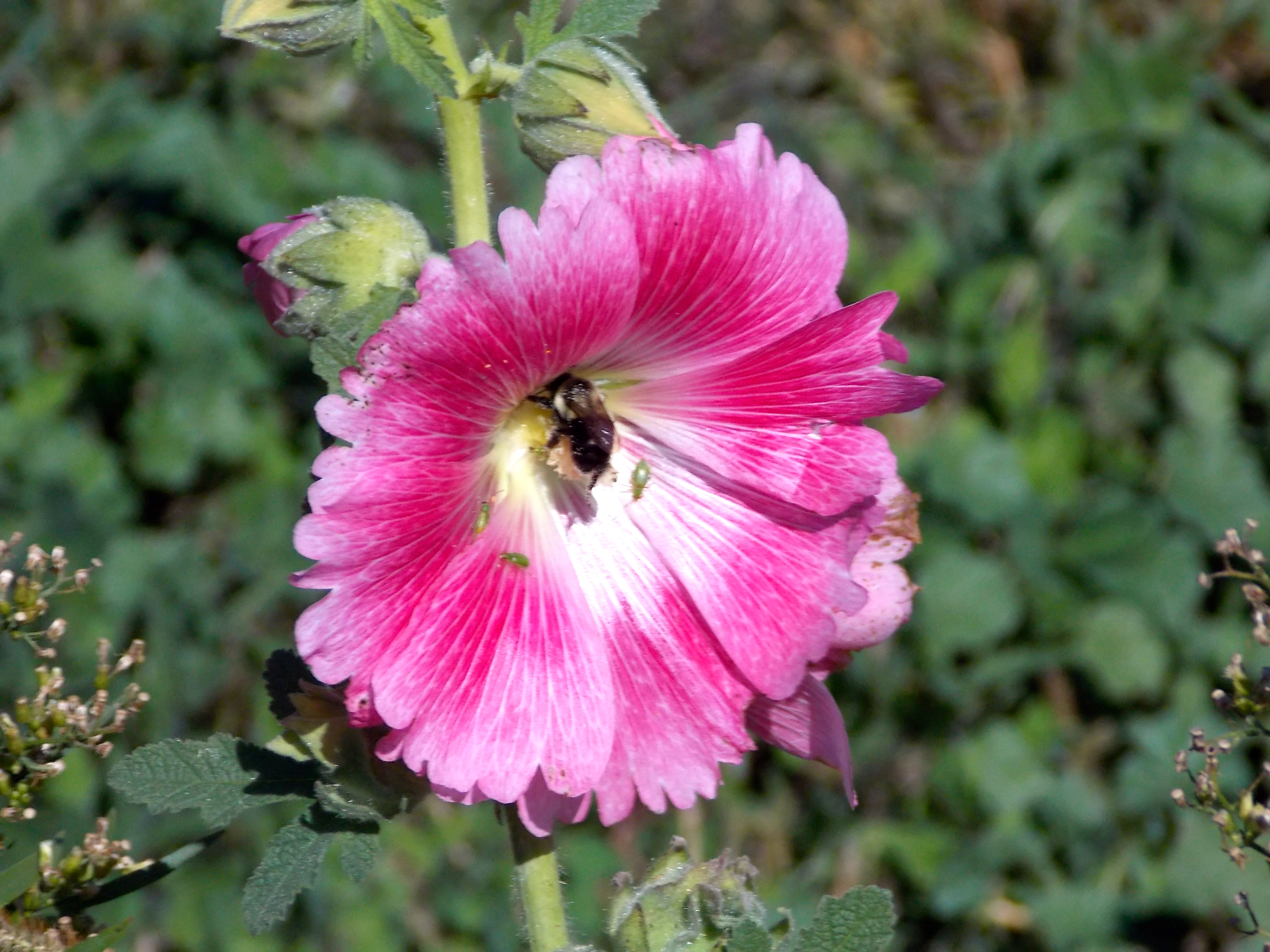
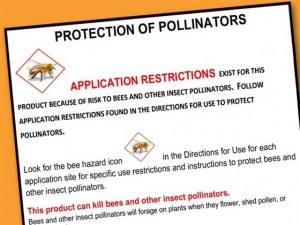
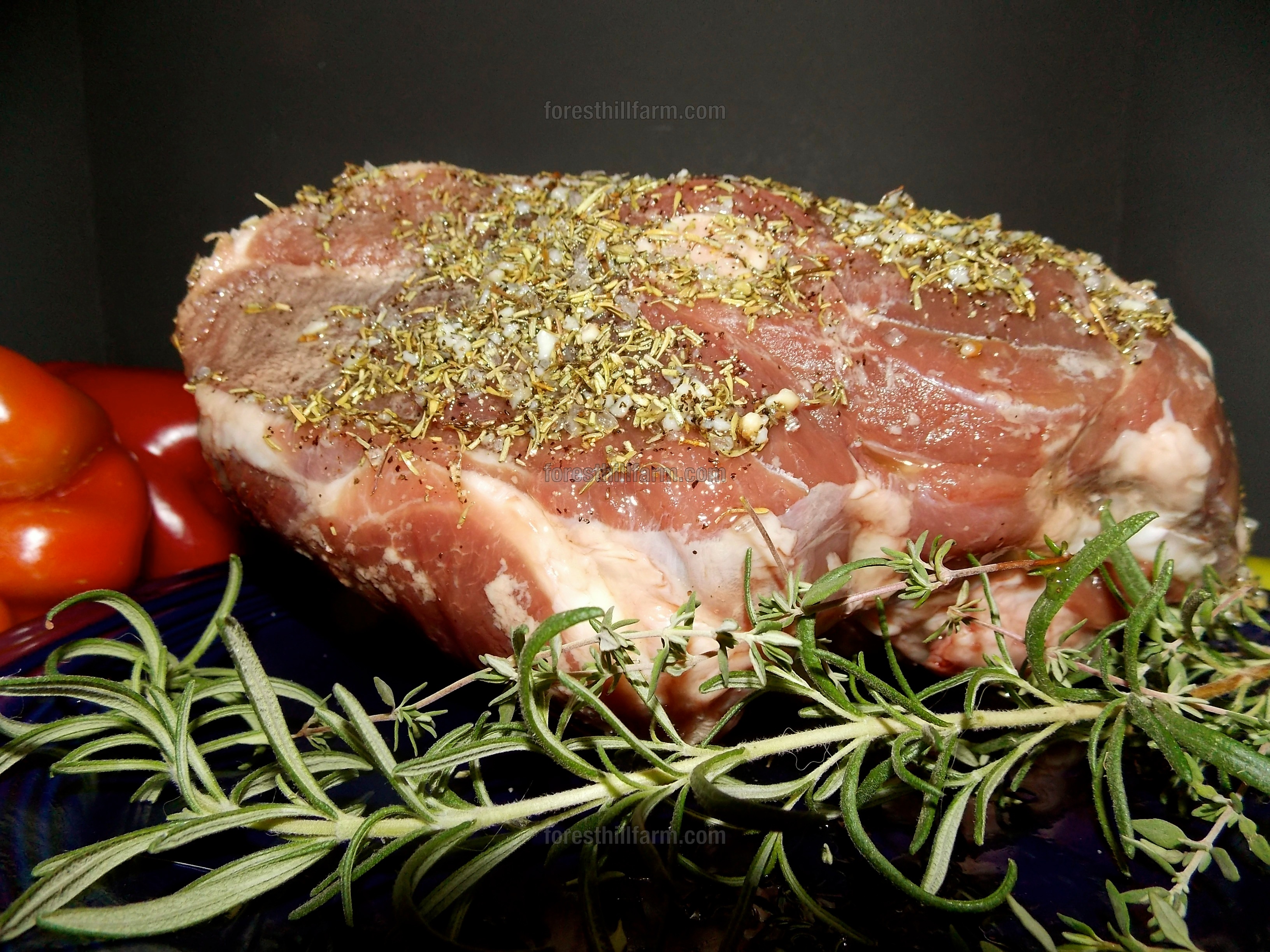
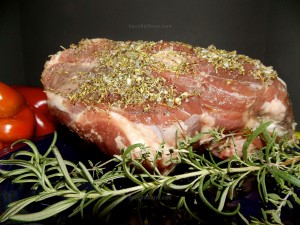
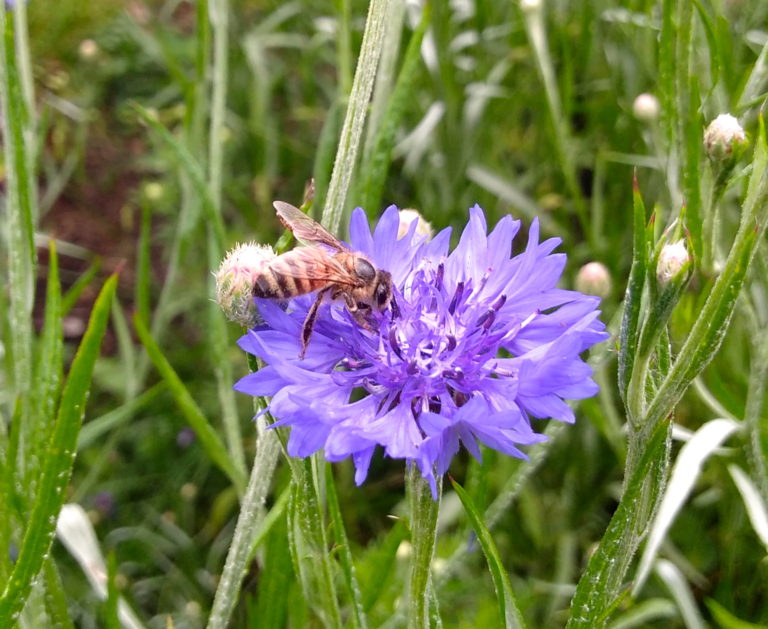

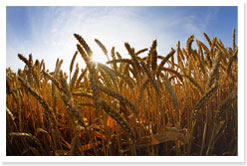

 Dow AgriSciences announced the launch of Enlist corn which is resistant to 2,4-D. Dow expects the first sales of Enlist corn in 2013 with a planting date of 2014.
Dow AgriSciences announced the launch of Enlist corn which is resistant to 2,4-D. Dow expects the first sales of Enlist corn in 2013 with a planting date of 2014.